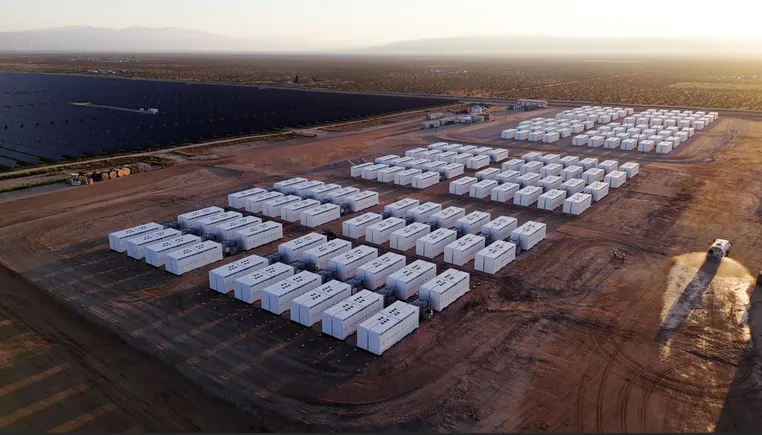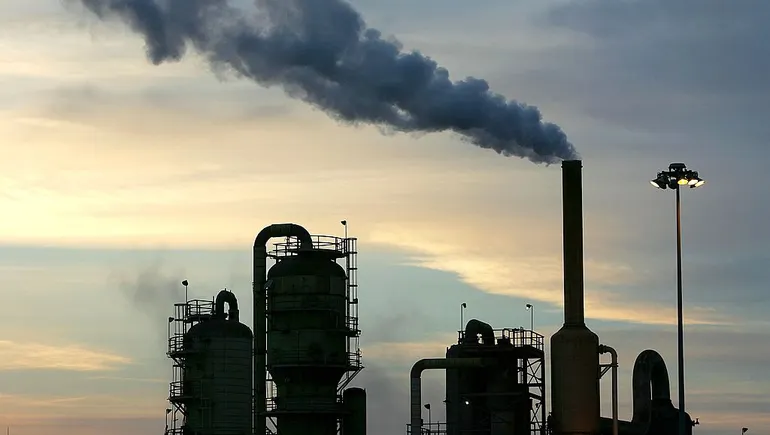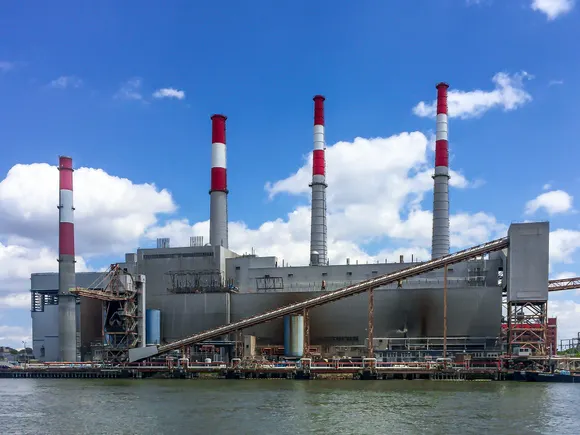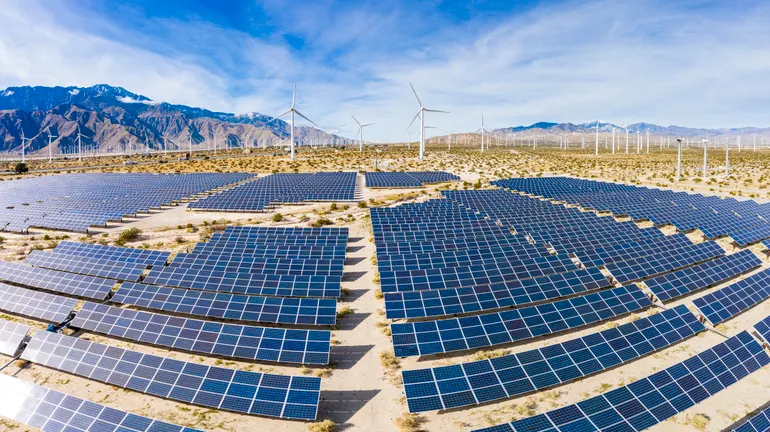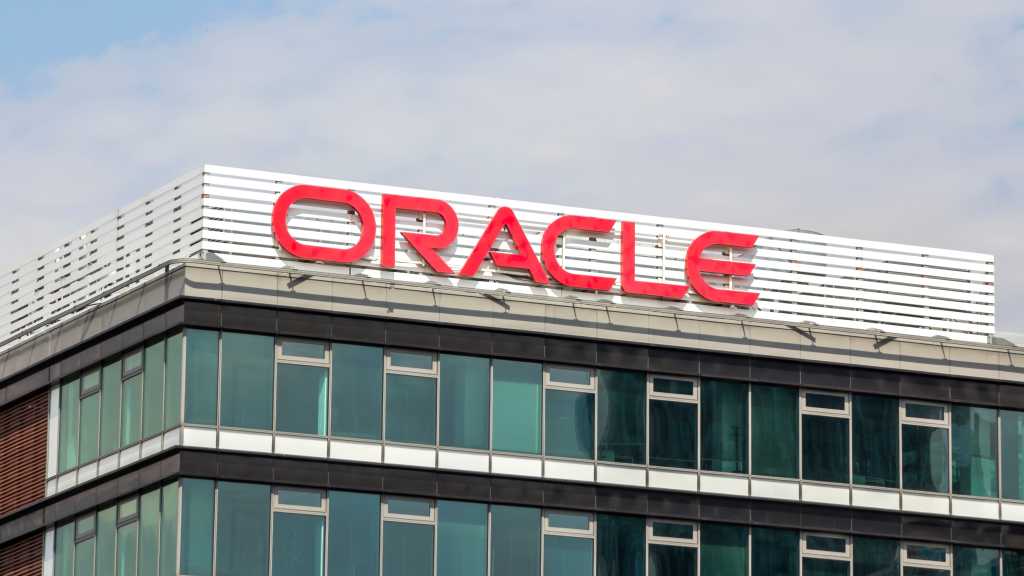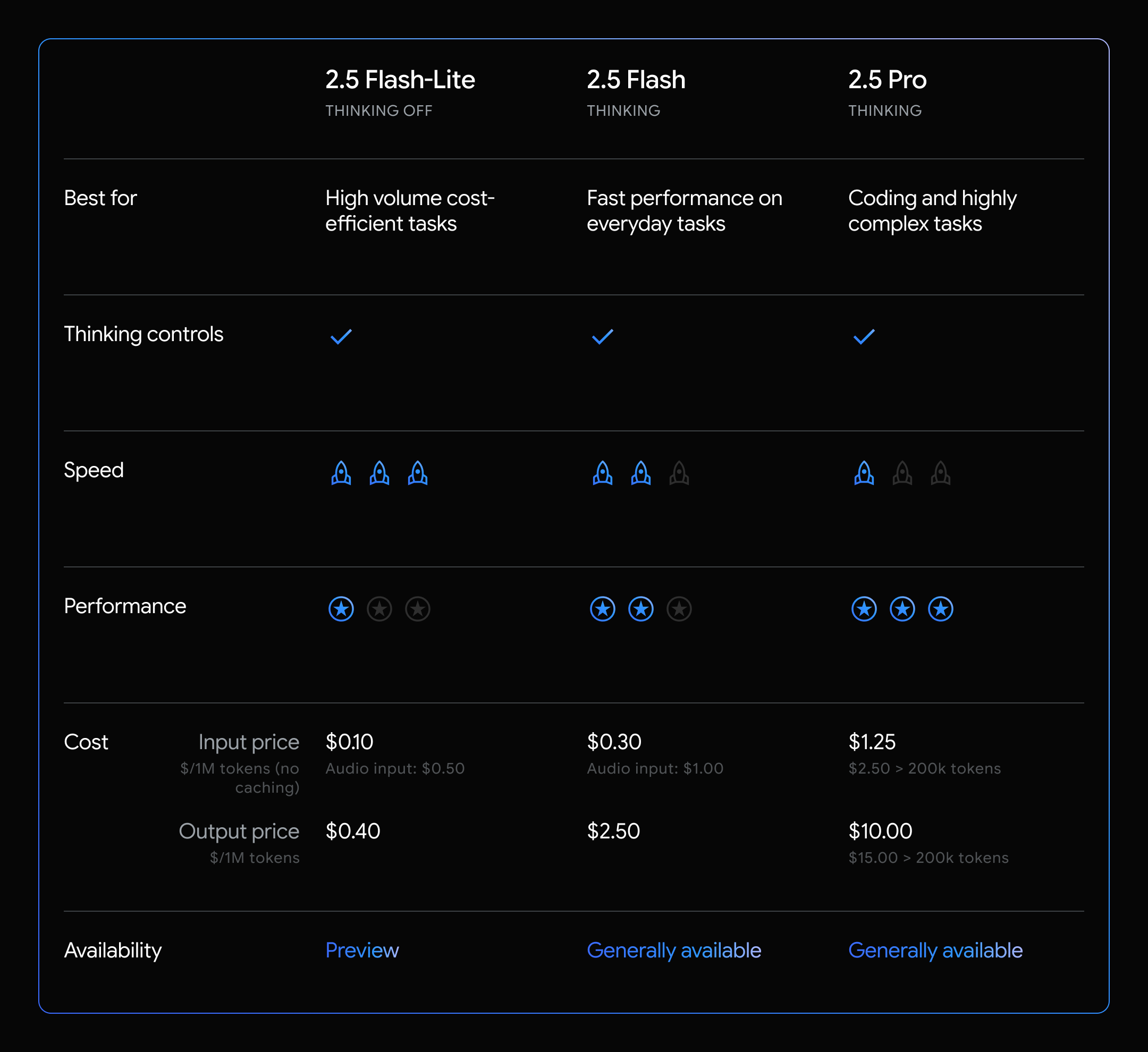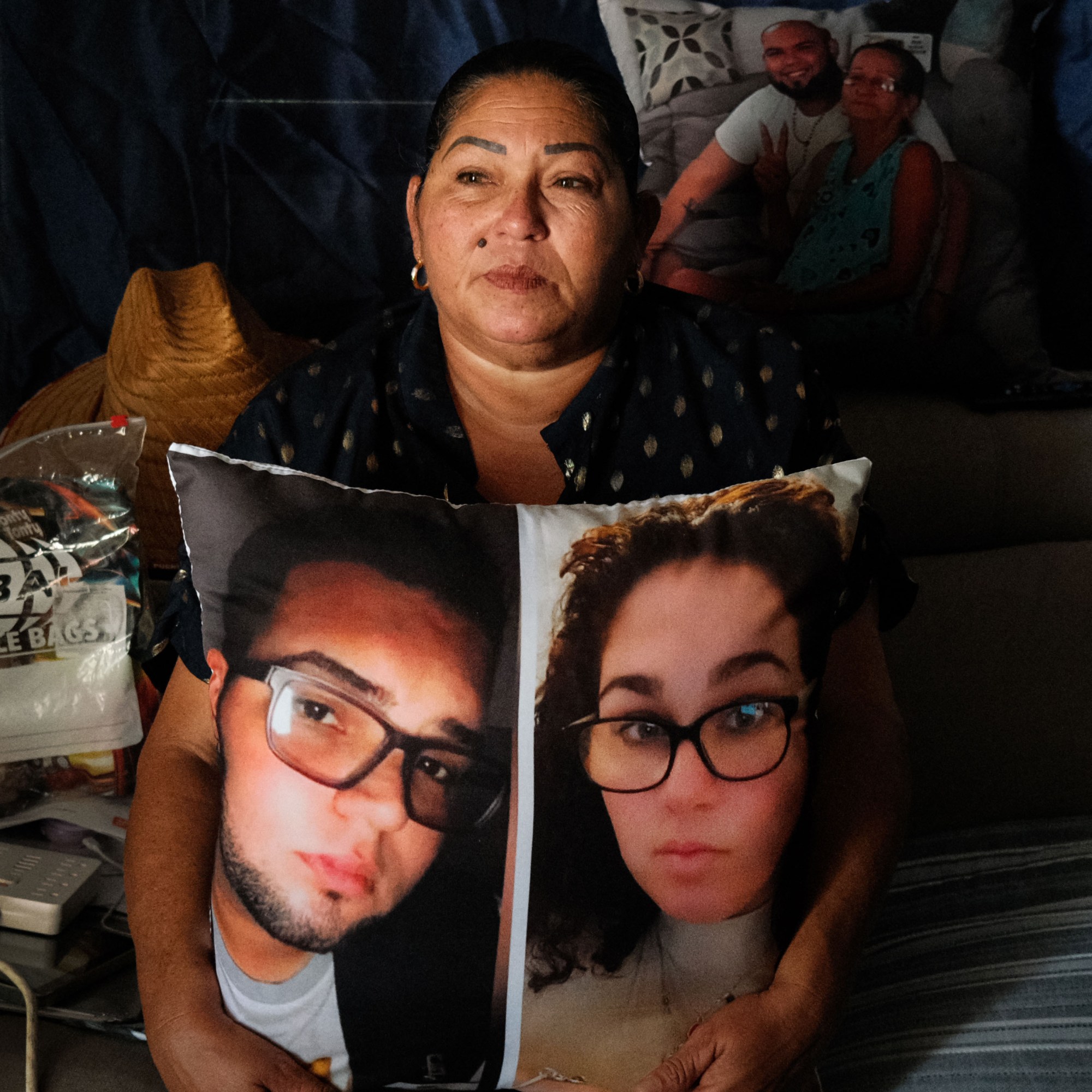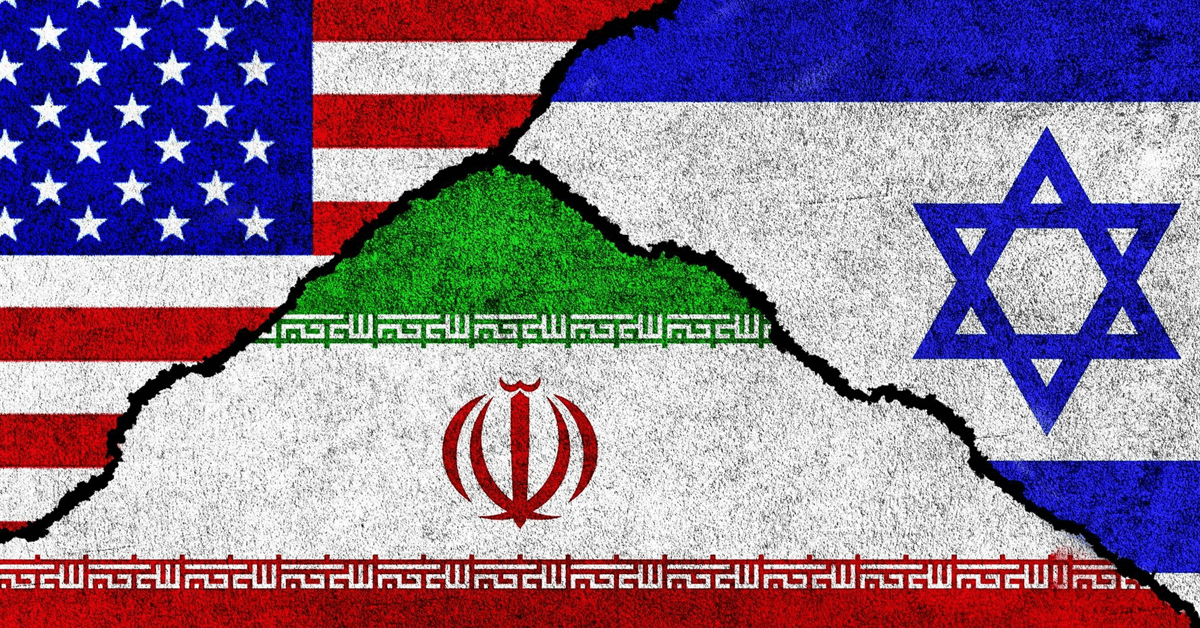
Israel and the US are ratcheting up pressure on Iran, fueling fears that Washington may be preparing for a more direct intervention alongside its closest Middle East ally.
US President Donald Trump says he wants a permanent end to Iran’s path to a nuclear weapon, after an early departure from the Group of Seven leaders meeting in Canada spurred questions about whether a truce could be imminent.
“An end. A real end. Not a ceasefire. An end,” Trump told reporters aboard Air Force One Tuesday when asked to clarify his comments that he was leaving Canada for something “much bigger” than a temporary peace deal.
Israel is preparing to intensify its strikes on Tehran on Tuesday, potentially escalating a war that’s seen the sworn enemies trade missile salvos for five days in a row.
“Today we will attack very significant targets in Tehran, Defense Minister Israel Katz said, adding that residents should evacuate. Earlier in the day, a spokesman for the Israel Defense Forces said that, while it’s too early to assess the success of the current campaign in Iran, strikes on the country’s nuclear facilities are “deepening” every day.
Katz didn’t elaborate on what targets Israel might be aiming to hit and Trump hasn’t clearly spelled out his next steps.
While global markets have calmed since hostilities started Friday with Israel’s initial wave of bombings, there are still widespread fears the war will spread to other countries in the oil- and gas-producing region.
Trump’s exit from the G-7 followed another 24 hours of intense bombardments, with Iran firing ballistic missiles and Israel striking targets across the Islamic Republic, including the capital of Tehran. The USS Nimitz aircraft carrier strike group is sailing to the Middle East ahead of schedule, marking the first significant move of American military assets to the region since Friday.
New satellite images suggest Israeli strikes damaged underground uranium-enrichment facilities at Natanz, Iran’s primary nuclear-fuel production site, the United Nations nuclear watchdog said in a post on X. The International Atomic Energy Agency has yet to detect damage at Iran’s other underground enrichment site in Fordow, according to the statement.
Trump has left open the possibility of further talks on Iran’s atomic activities after five earlier rounds, but continued to hammer the idea that Tehran is at fault for not having already agreed to a deal that would have prevented Israel’s attacks.
The president told reporters that he “may” send a high-level official such as Steven Witkoff, his special envoy for the Middle East, or Vice President JD Vance to meet with Iran, adding that “it depends what happens when I get back.”
“I told them to do the deal, they should have done the deal,” he said when asked if he’s open to negotiating with Iran. “So I don’t know,” Trump continued. “I’m not too much in the mood to negotiate.”
Israel said it saw a drop-off in Iranian fire on Tuesday, with a military spokesperson saying “a few dozen” missiles had been launched since midnight compared with the hundreds seen over the weekend.
Still, Israel’s Oil Refineries Ltd. shut down its refinery after the complex was damaged and three employees were killed, the company said Monday. The site has a peak production capacity of close to 200,000 barrels of oil per day, with 70 percent of products distributed in the Israeli market, according to the company’s website.
Israeli petrol station chain Sonol, which has 245 gasoline stations in the country. warned Tuesday that the closure of the Haifa refinery will likely cause disruptions to fuel supply to its Israeli customers, according to the Globes newspaper.
Long-standing tensions between Iran and Israel erupted into open fighting last week, when Israel launched surprise attacks on Iranian military and nuclear sites and killed senior commanders and atomic scientists. Since then, its achieved air superiority over much of Iran, allowing it to bomb major cities and infrastructure at will.
For Iran’s government, the showdown poses a strategic dilemma. It can’t risk appearing weak, yet its retaliatory options are shrinking. Proxy forces it supports across the region have been largely degraded by Israeli wars since October 2023.
More than 200 people have been killed in Iran by Israel’s strikes, according to the last official tally from the Iranian government. In Israel, the government says 24 people have been killed – the same number reported the day prior – and over 600 injured.






